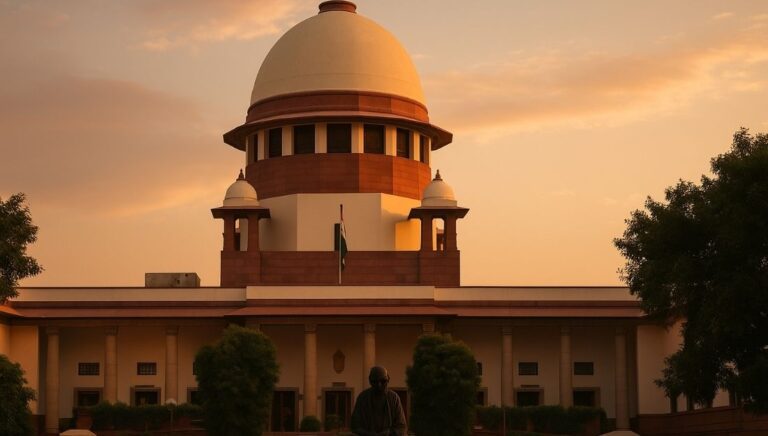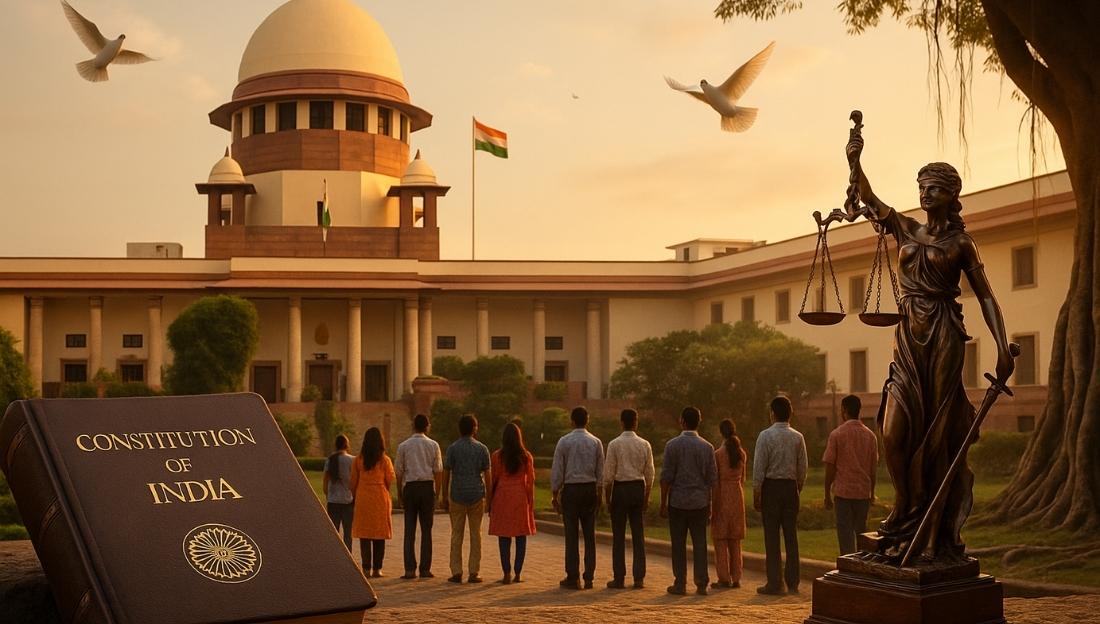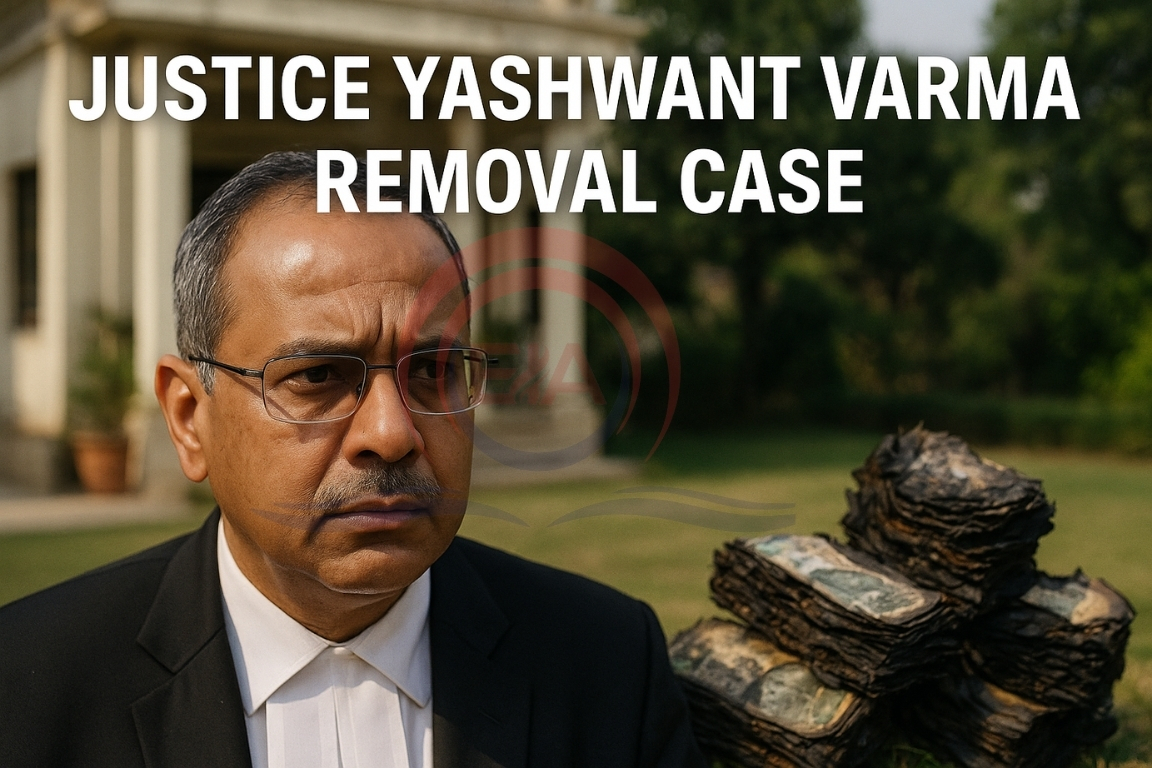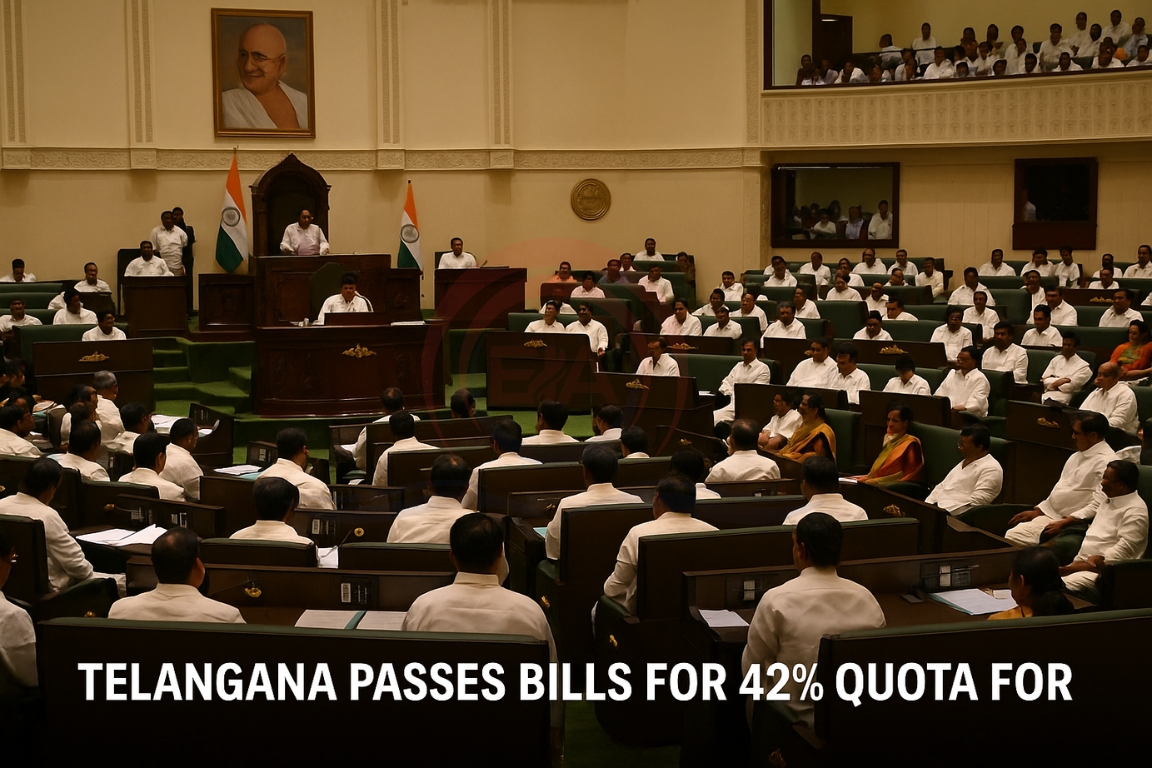The concept of constitutional morality has regained attention in recent legal and political debates, highlighting its importance in ensuring ethical conduct by constitutional authorities and protecting democratic values in India.
Morality and Law
- The connection between morality and law has long intrigued thinkers and jurists.
- Historically, in India, the idea of dharma encompassed both legal and moral duties.
- The courts have often debated whether law should lead or follow societal morality — for instance, abolition of untouchability (law leading morality) or gender equality (law following morality).

Emergence of Constitutional Morality
- The term “constitutional morality” was first used by historian George Grote in his book History of Greece (1846).
- It meant a deep respect for the Constitution’s forms, institutions, and procedures, while allowing free expression and lawful dissent.
- Dr. B.R. Ambedkar borrowed this idea during the Constituent Assembly Debates, stressing that India must cultivate constitutional morality for democracy to thrive.
- He famously remarked that democracy in India was only a “top dressing on an undemocratic soil,” implying that true democratic behaviour must be learned and practiced.
Meaning and Scope
- Constitutional morality refers to adherence to the principles, values, and spirit of the Constitution by all — citizens and officials alike.
- It ensures that actions of state functionaries respect rule of law, fairness, equality, and justice, beyond mere legal compliance.
- It acts as a moral compass guiding decision-making in public life.
Judicial Interpretations
- P. Rathinam vs Union of India (1994): Linked law to moral principles ensuring fairness and justice.
- Sabarimala Case (2018): The Supreme Court equated public morality with constitutional morality, emphasizing equality and rights over social customs.
- Manoj Narula vs Union of India: Court held that constitutional morality demands adherence to rule of law and ethical governance, though ultimate responsibility lies with political leadership.
- NCT of Delhi vs Union of India: Court expanded the idea to include cooperation, dialogue, and respect among institutions.
- K.S. Puttaswamy (Privacy Case): The state must act with constitutional morality, avoiding arbitrariness and upholding citizens’ rights.
Importance
- Serves as the ethical foundation of democracy.
- Prevents misuse of power by ensuring that constitutional offices act within moral and legal boundaries.
- Encourages accountability not only in courts but also before Parliament and the electorate.
- Strengthens inclusivity and equality, vital for India’s pluralistic society.
This topic is available in detail on our main website.





